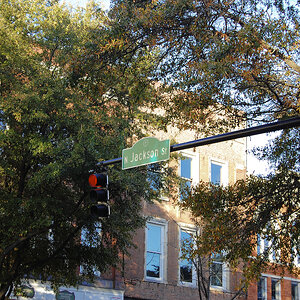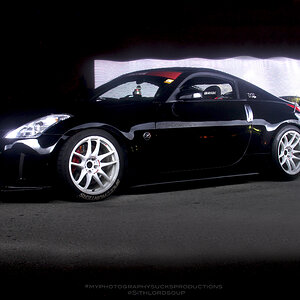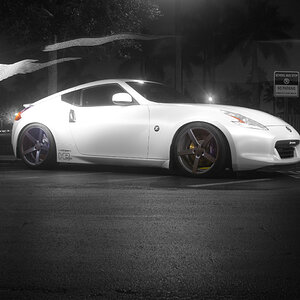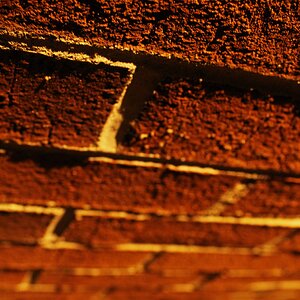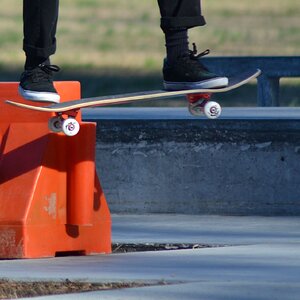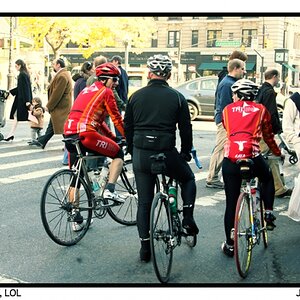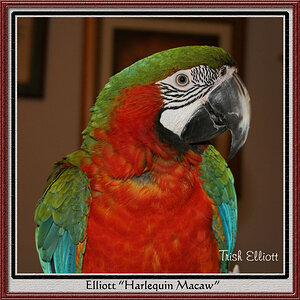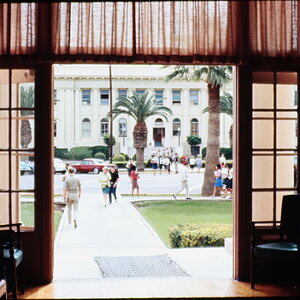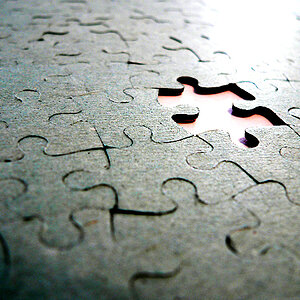lizzard427
TPF Noob!
- Joined
- Mar 28, 2017
- Messages
- 9
- Reaction score
- 1
- Can others edit my Photos
- Photos NOT OK to edit
My husband knows a woman who owns and helps run a few different businesses. One of which is a catering business. She told him recently that they always get questions from clients asking for photographers for their events. I have never done any work like this, I prefer nature and architecture, so I'm a little hesitant but also figured if there is a demand for it and I could work through the catering company, it might not be a bad idea for some extra money. Anyway, I've been doing a lot of research but I wanted to see if anyone can provide me with tips or know where I can find additional useful information.


![[No title]](/data/xfmg/thumbnail/36/36423-4f4abd5f32da2219d4967c7a13b07a8c.jpg?1619737566)
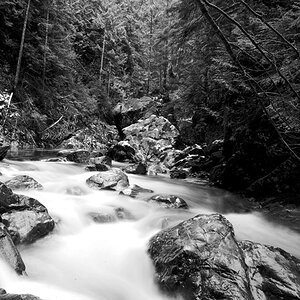
![[No title]](/data/xfmg/thumbnail/32/32926-ec27ecead8c80d803404500d8f888dbf.jpg?1619735754)
